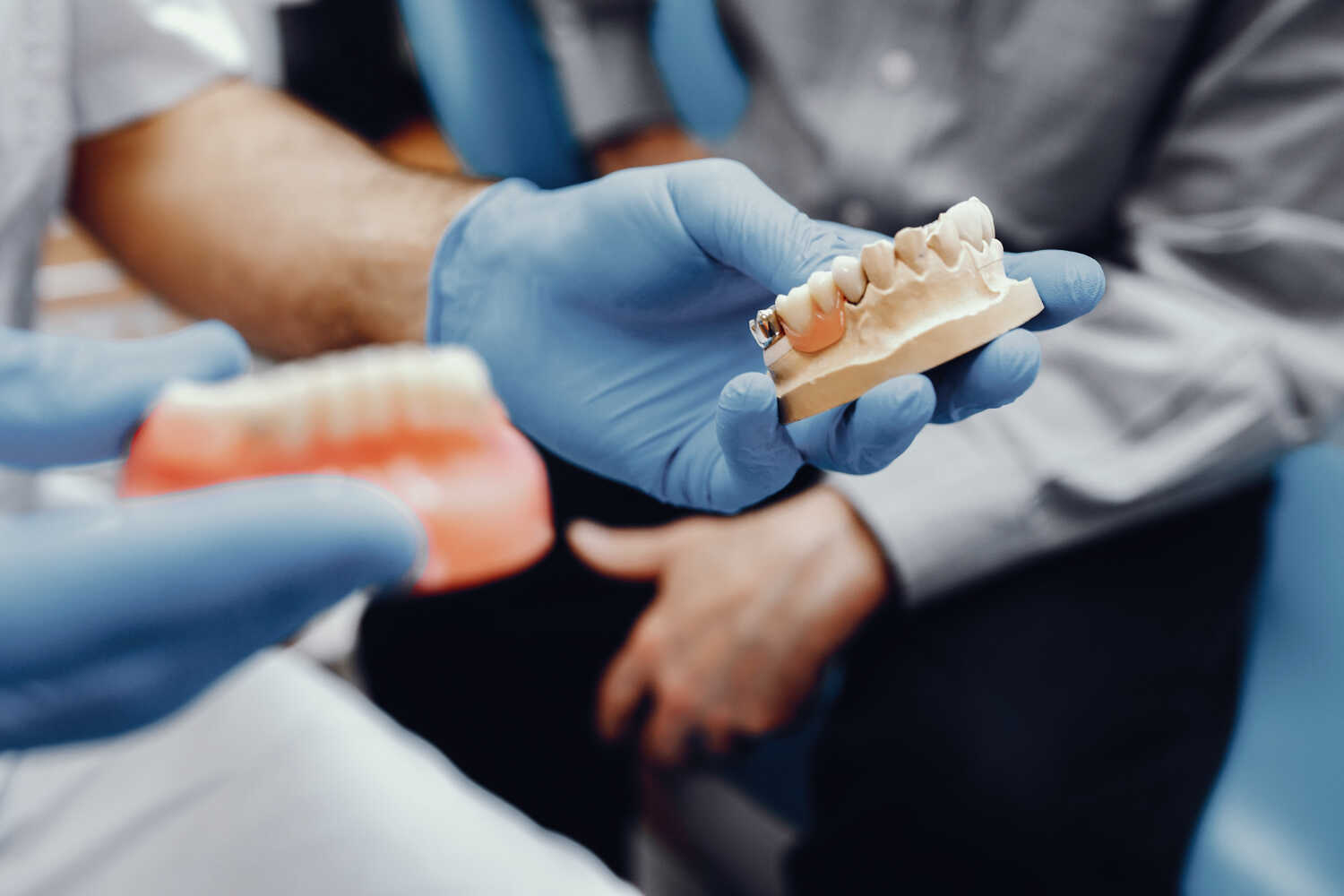Dental Bridge vs Implant
When choosing how to replace missing teeth, two of the most popular options are dental bridges and dental implants. But what’s the difference between a dental bridge vs implant?
What is a Dental Bridge?
A dental bridge is a fixed restoration that replaces one or more missing teeth by spanning the gap with an artificial tooth anchored to adjacent natural teeth or implants. The pros of bridges include lower upfront costs, quicker placement, and minimal invasiveness. However, bridges have a higher long-term failure rate and may require the eventual replacement of anchoring teeth.
What is a Dental Implant?
A dental implant is a titanium screw that is surgically fused to the jawbone, topped by an abutment and crown to form an artificial tooth. The pros of implants are excellent durability, longevity, superior function, and aesthetics. However, implants have higher upfront costs, longer timelines, and moderate surgical invasiveness.
Key Differences: Dental Bridge vs Implant
When evaluating dental bridge vs implant options, considerations include budget, oral health status, bone condition, timeframe, habits, and commitment to follow-up professional care and oral hygiene. Though more expensive initially, implants often provide better value over decades compared to bridges with higher long-term failure risks. Patients should consult an experienced dentist to determine the best tooth replacement solution.
Understanding Dental Bridges
The dental bridge has, for years, been used as an effective means of substituting lost teeth. A dental bridge comprises pontics, artificial teeth resting on abutments adjacent to natural teeth. Bridges are traditional dental prostheses permanently positioned onto the abutment teeth and replacing one or two consecutive teeth. This choice is fitting, whereby natural teeth adjacent to the space are firm and robust.
Dental bridges are considered affordable as compared with other teeth replacement options. Moreover, this process is often less intrusive than implant surgery; thus, most people opt for it.
Exploring Dental Implants
However, dental implants are one of the modern treatment types that serve the same purpose as natural dentition and, therefore, can be considered an alternative to the abovementioned approach. This small titanium post is surgically implanted on the jaw bone and serves as an artificial tooth root. The healing lasts approximately two months, followed by fixing a prosthetic tooth, making it a stable replacement that looks almost entirely natural.
Dental implants are durable and long-lasting, hence their outstanding status. Implants do not use adjacent teeth to provide support, thereby preserving the teeth’s healthy condition. Additionally, this independence may greatly help such patients as people with healthy adjacent teeth whose dental structure should remain unchanged.
Comparing Factors: Aesthetics, Longevity, and Maintenance
When evaluating dental bridges vs. implants, aesthetics play a crucial role. Dental bridges can offer a seamless appearance, blending with natural teeth for a harmonious smile. However, some patients may be concerned about the impact on adjacent teeth, as the procedure involves some alteration to accommodate the bridge.
On the other hand, dental implants provide unparalleled aesthetics. Because they are anchored directly to the jawbone, implants closely resemble natural teeth in appearance and function. This makes them an excellent choice for those seeking the most authentic smile restoration.
In terms of longevity, dental implants often outshine bridges. With proper care, implants can last a lifetime, while bridges may need replacement after 10 to 15 years. Maintenance is also a critical factor to consider. Dental bridges require special care, such as flossing beneath the pontic, to prevent plaque buildup and potential issues with the supporting teeth. Implants, however, are cared for like natural teeth, with regular brushing, flossing, and dental check-ups.
The Decision-Making Process
A dental bridge and an implant require some time to choose between them. Individuals should also consider several oral health issues and select according to their unique needs when considering costs. A knowledgeable and experienced dentist should do the consultation about what he sees as necessary for your dental health individually.
Conclusion
Dental professionals at Mylifesmiles dental clinic in Richardson can use dental bridges and implants to fill spaces in restorative dentistry. Bridges have existed as an affordable approach, but implants can serve as a lasting, natural replacement. You should ensure that your dental professional tailors their product or service to your specific oral health requirements and your taste or preference. However, remember that having a healthy and confident smile is within reach. With accurate details from this article, you have taken another step toward optimal oral wellness.





